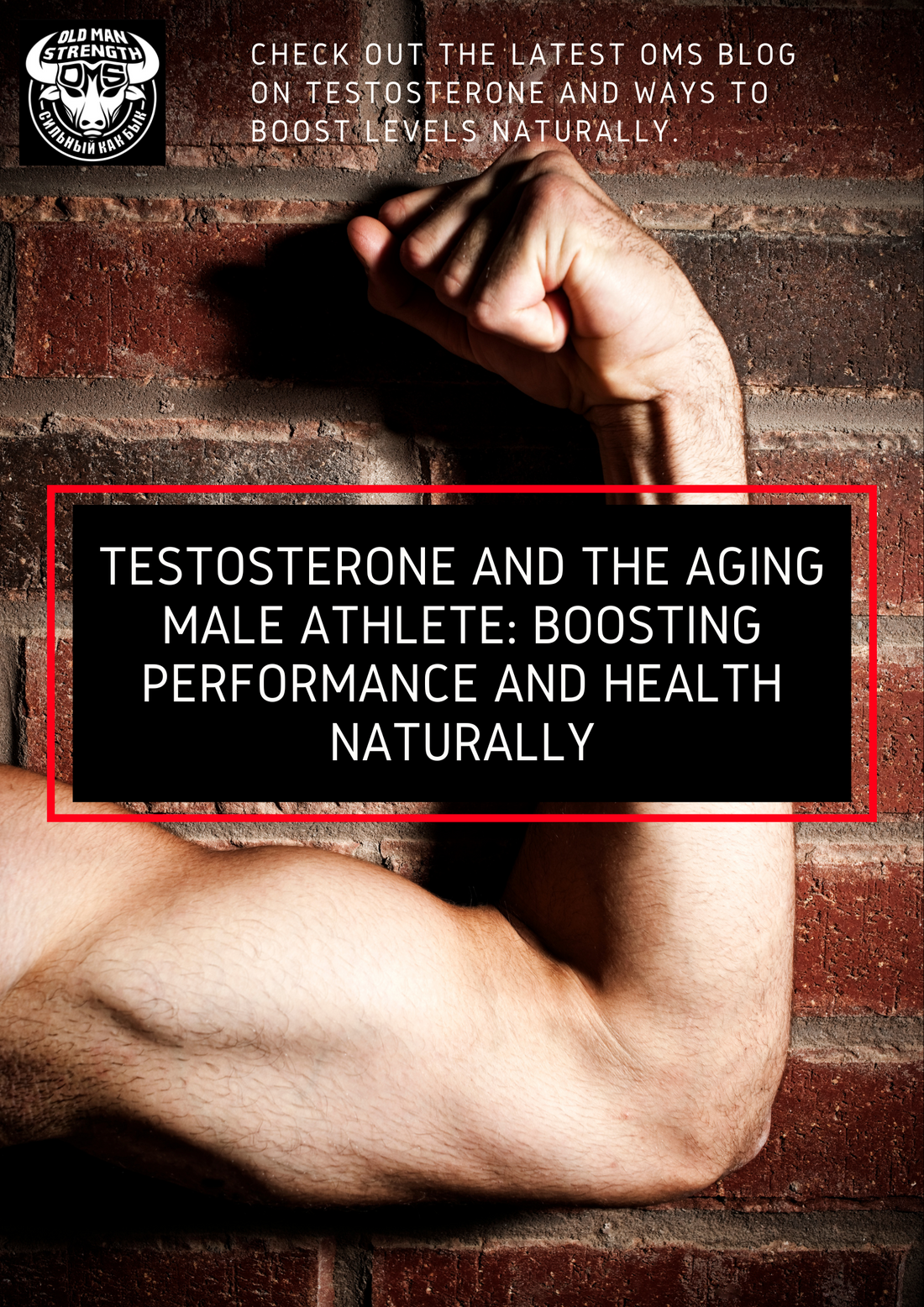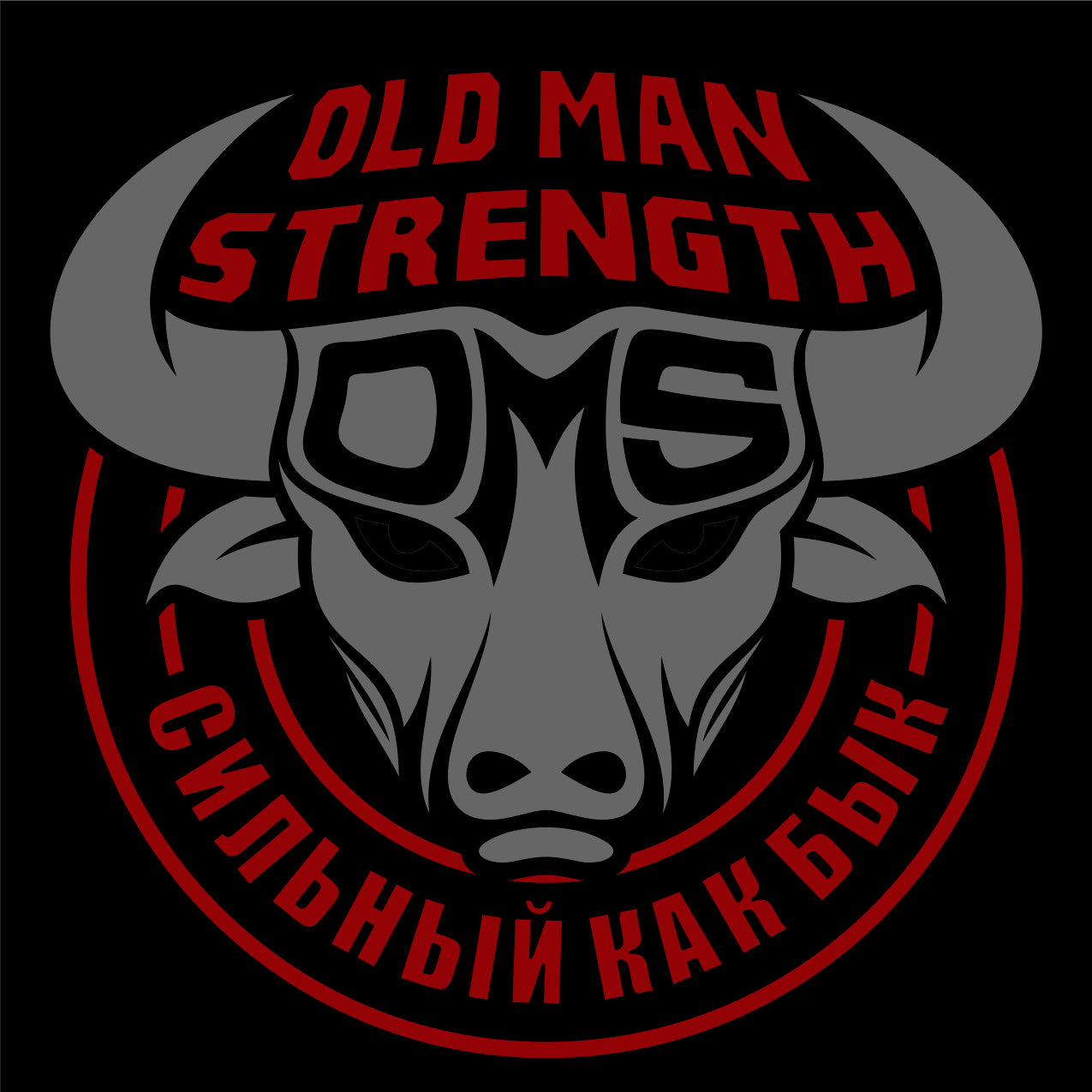
Testosterone and the Ageing Male Athlete: Boosting Performance and Health Naturally
Part 3 of our series continues following on from our previous blog posts on Protein and Hydration. This is a topic that is particularly relevant to male athletes over 40: the importance of testosterone and how to maintain healthy levels as we age. Testosterone is a crucial hormone for men, playing a vital role in muscle mass, bone density, cognitive function, and overall well-being.
Unfortunately, testosterone levels naturally decline as we age, with a significant drop occurring around the age of 40. This decline can lead to a variety of issues, including reduced muscle mass, increased body fat, decreased bone density, and cognitive decline.
Impacts of Low Testosterone
Low testosterone levels can have several negative effects on older male athletes, including:
Decreased muscle mass and strength:
Testosterone is essential for muscle protein synthesis, which helps maintain and build muscle mass. Lower testosterone levels can lead to a decrease in muscle mass and strength, impacting athletic performance.
Increased body fat:
Testosterone plays a role in regulating fat distribution in the body. Lower levels can lead to increased body fat, particularly in the abdominal area, which can negatively affect athletic performance and overall health. Decreased bone density: Testosterone is crucial for maintaining bone density. As levels decline, the risk of osteoporosis and fractures increases, which can be particularly concerning for athletes.
Cognitive decline:
Testosterone has been linked to cognitive function, and lower levels may contribute to memory loss, difficulty concentrating, and mood changes.
Boosting Testosterone Naturally
Fortunately, there are several natural ways to boost testosterone levels and maintain optimal health as we age:
Exercise:
Regular physical activity, particularly resistance training, has been shown to increase testosterone levels. Aim for at least 150 minutes of moderate-intensity aerobic exercise or 75 minutes of vigorous-intensity aerobic exercise per week, along with two or more days of strength training.
Diet:
A balanced diet rich in lean proteins, healthy fats, and complex carbohydrates can help support healthy testosterone levels. Foods like lean meats, fish, eggs, nuts, and whole grains are particularly beneficial.
Sleep:
Adequate sleep is essential for hormone production, including testosterone. Aim for 7-9 hours of quality sleep per night.
Stress management:
Chronic stress can negatively impact testosterone levels. Incorporate stress-reducing activities like meditation, yoga, or deep breathing exercises into your daily routine.
Natural Products vs. Synthetic Testosterone
There are numerous natural products on the market that claim to boost testosterone levels. While some may provide modest benefits, it's essential to approach these products with caution and skepticism. Many lack scientific evidence to support their claims, and some may even contain harmful ingredients.
On the other hand, synthetic testosterone replacement therapy (TRT) is a medically supervised treatment that can effectively increase testosterone levels. However, TRT is not without risks and potential side effects, including increased risk of blood clots, sleep apnea, and prostate issues.
In Australia, a study published in the Medical Journal of Australia found that testosterone prescriptions increased by 115% between 2000 and 2011, highlighting the growing interest in TRT. However, it's crucial to weigh the potential benefits and risks carefully and consult with a healthcare professional before considering TRT.
Maintaining healthy testosterone levels is essential for older male athletes to optimise performance, health, and well-being. By focusing on natural methods like exercise, diet, sleep, and stress management, you can support your body's hormone production and enjoy the benefits of healthy testosterone levels as you age.
Stay strong.


